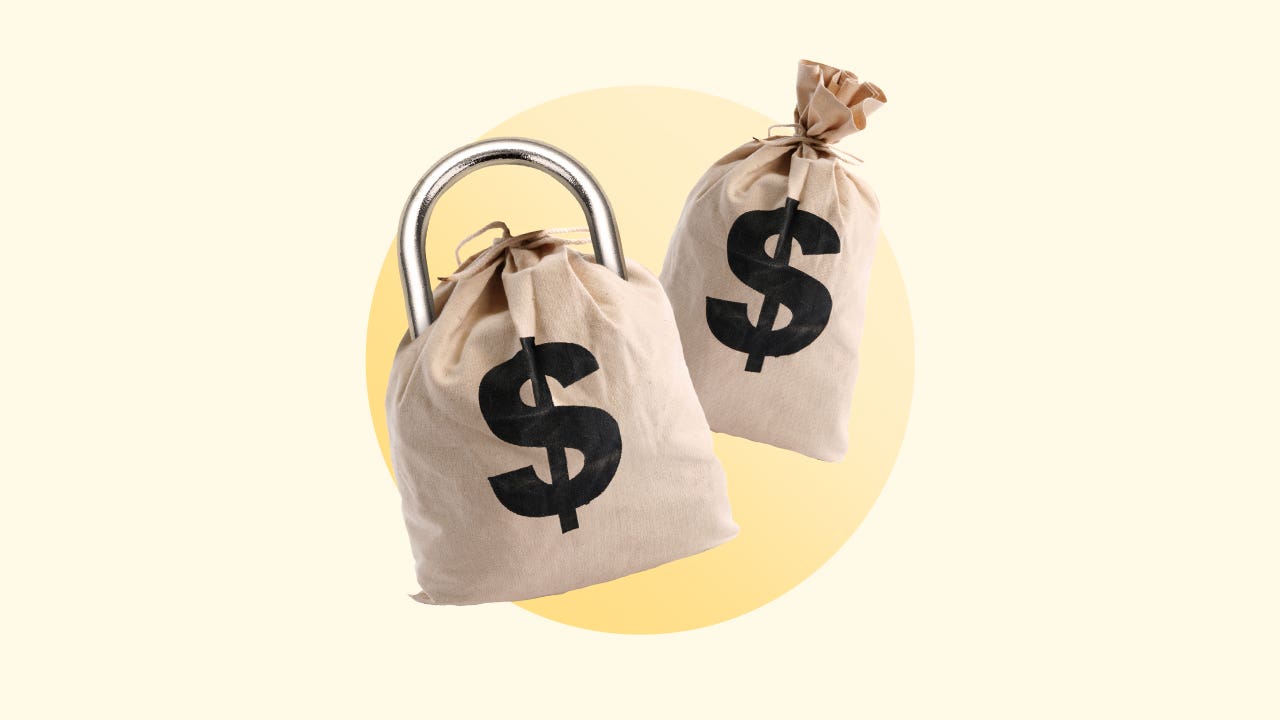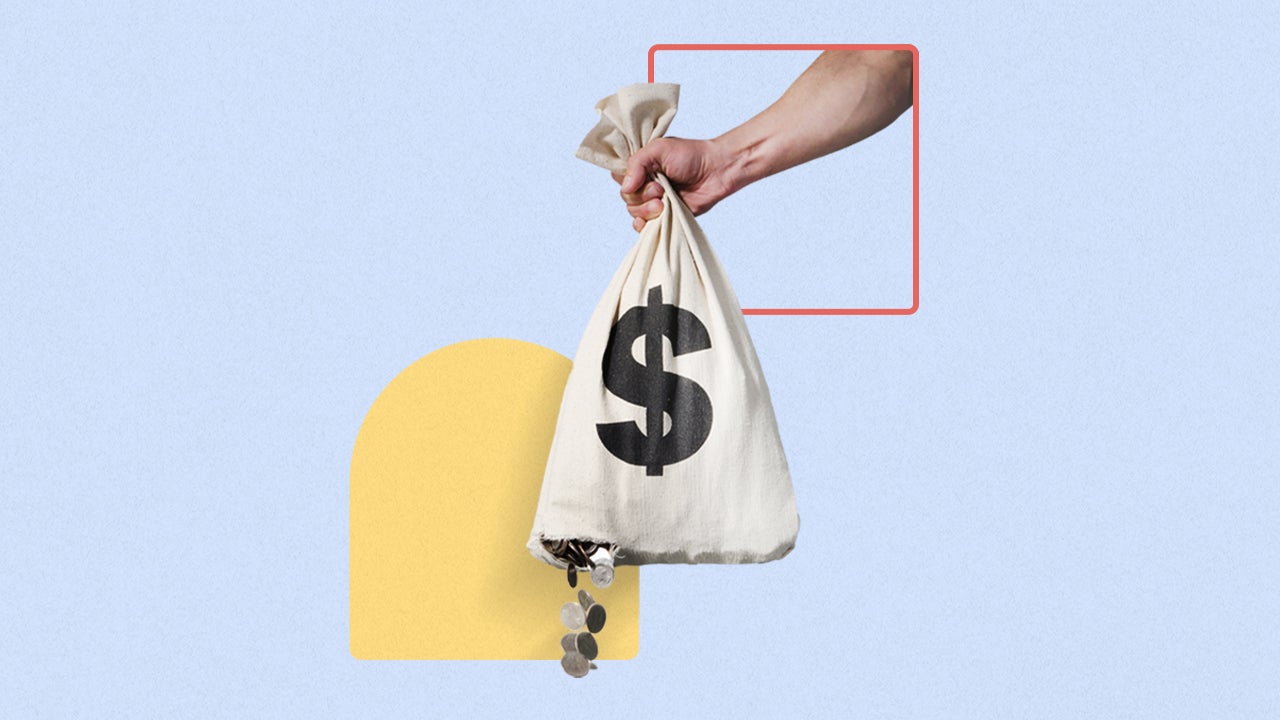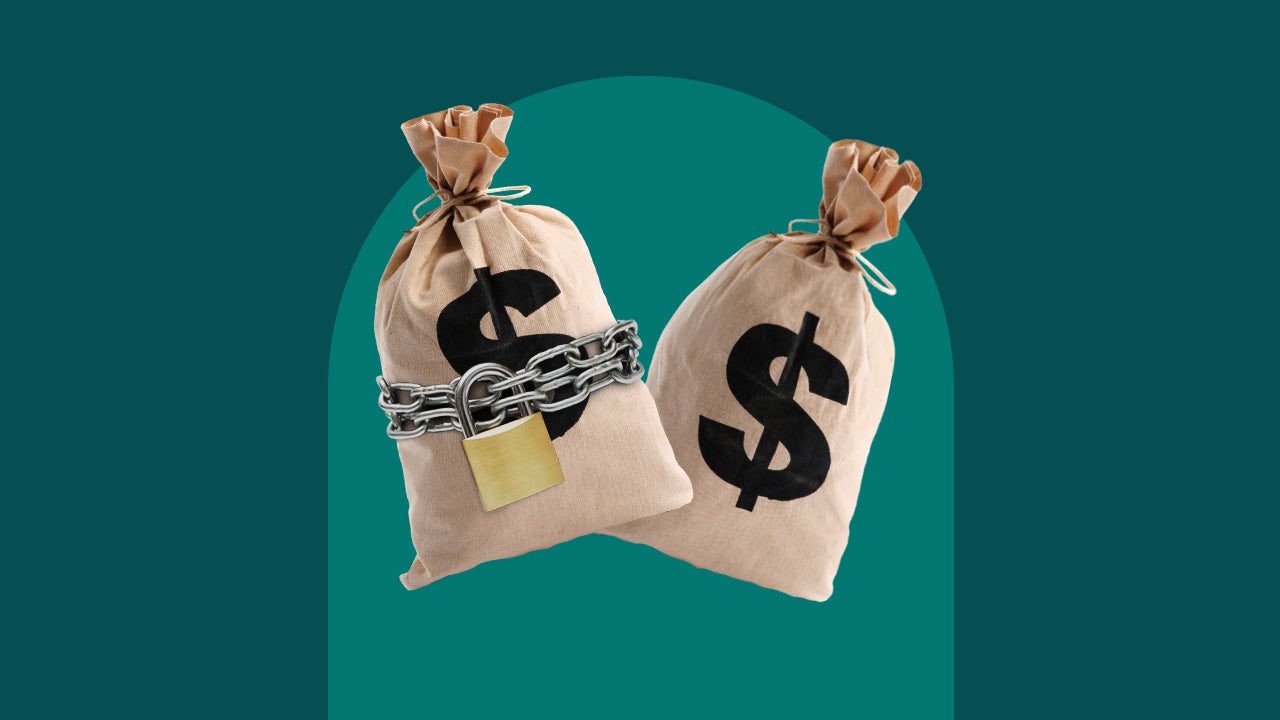Is a small business loan secured or unsecured?

Key takeaways
- Secured business loans require collateral to back the loan
- Unsecured business loans typically require a personal guarantee, while secured loans may have lower interest rates and higher borrowing limits
- Secured loans may be better for those with lower credit scores or seeking more competitive loan terms, while unsecured loans are better for those without assets
When considering your business loan options, you’ll want to think about whether you get a secured loan or an unsecured loan. Secured loans require the borrower to provide something of value as collateral, like business equipment, real estate, vehicles, accounts receivable, inventory or another asset. If the borrower defaults, the lender can seize the collateral as repayment.
Unsecured business loans don’t require collateral but will likely require a personal guarantee. The personal guarantee allows the lender to pursue your personal assets, like your house, in court if you fail to make payments. Here are the key details to consider when deciding between a secured and an unsecured business loan.
Secured or unsecured small business loan: What’s the difference?
While secured and unsecured business loans can have similar terms and functions, there are a few key differences to consider:
| Secured business loan | Unsecured small business loan |
|---|---|
| Collateral required | No collateral required |
| Lower interest rates | Higher interest rates |
| Available to borrowers with less credit history or low credit scores | May require a higher credit score |
| Lender can seize collateral if the borrower defaults on the loan | Lawsuit required to initiate collection of defaulted-on loans |
| Borrowing limits are typically higher because there is collateral to back the loan | May have lower borrowing limits because the loan isn’t backed by collateral |
| May require a personal guarantee | Usually requires a personal guarantee |
| May come with lower revenue requirements | May come with higher revenue requirements |
Lenders will need to appraise the value of your collateral to see that it can cover 80 percent to 100 percent of the loan in case of default. Examples of collateral include cash, real estate, inventory and vehicles.
Secured business loan pros and cons
Keep these advantages and disadvantages in mind before applying for a secured small business loan. Some business loans will be secured by their type, such as equipment loans, which use the equipment you purchase using the loan as collateral.
Pros
- Lower costs than unsecured loans. Lenders often offer better interest rates for secured loans.
- Lenders often allow higher borrowing limits. You can typically borrow up to the value of what you’re securing the loan with.
- Lower requirements. You can often qualify for a secured loan with a lower credit score and revenue than a secured loan.
Cons
- Approved assets needed for the loan. Lenders will often only allow you to secure the loan with hard assets such as equipment or real estate, and not consumable inventory.
- Slower approval times. Lenders may order appraisal of the collateral, which adds time to the approval process.
- Additional requirements around assets. Lenders may require regular maintenance on equipment, inspections on real estate or vehicles or additional insurance coverage.
- Collateral is at risk. If you default on the loan, the lender can seize the collateral to make good on the loan.
Unsecured business loan pros and cons
Unsecured business loans also have pros and cons worth considering. Examples of unsecured business loans include term loans, business lines of credit and merchant cash advances.
Pros
- No collateral needed. This way, you won’t be putting your assets at risk, and can obtain funding if you don’t have any assets.
- Fast funding. You can your financing more quickly if there’s no collateral to assess.
- Variety of options. Lenders offer a variety of unsecured loan types, including lines of credit, microloans, term loans and more.
Cons
- Can be more expensive. Unsecured loans can come with higher fees and interest rates.
- May have strict eligibility requirements. Lenders will have higher credit score and revenue requirements to make up for the risk of the loan.
- Lower loan amounts. You may not be able to borrow as much as you would with a secured loan.
- May have to sign a personal guarantee. Lenders may want to mitigate risk by having you guaruntee the loan with personal assets, which is riskier to you than using business assets.
High-risk loans available to business owners with bad credit may show the cost of an unsecured loan using factor rates instead of interest rates or APR. Make sure you know how to convert factor rates to an annual interest rate to help you compare offers from different lenders.
Secured or unsecured small business loan: Which is right for me?
Deciding whether a secured or unsecured business loan is right for you often depends on your needs, whether you have collateral and what loan terms you’d like.
Many lenders offer lower interest rates and longer or more favorable repayment terms to low-risk buyers. If you don’t have a perfect credit score, offering collateral lowers the risk for the lender, which could get you a better rate.
Secured loans are a good fit if:
- You have business assets to secure the loan.
- You have bad credit and can’t qualify for an unsecured business loan.
- You want a higher loan amount and more favorable loan terms.
Unsecured loans may be better if:
- You lack business assets and are comfortable pledging personal assets as collateral.
- You need cash quickly and don’t want to wait for assets to be appraised.
- You have strong credit and business financials, making it easier to get a lower interest rate without collateral.
If you can qualify for both secured and unsecured business loans, weigh the advantages and risks of each before determining what is best.
Bottom line
Both secured and unsecured small business loans can help business owners who need working capital or long-term financing. But choosing the right type depends on several important factors, including your credit score and available assets.
If you can’t qualify for either type of small business loan, there are alternatives to consider. These include personal loans and business credit cards. Both may be easier to qualify for, but a business credit card can help you build business credit, which can lead to better financing options in the future.
Frequently asked questions about secured and unsecured business loans
Why we ask for feedback Your feedback helps us improve our content and services. It takes less than a minute to complete.
Your responses are anonymous and will only be used for improving our website.
You may also like

Can businesses use personal loans?

Can you get a small business loan after bankruptcy?

Secured vs. unsecured fast business loans

Secured vs. unsecured short-term business loan



